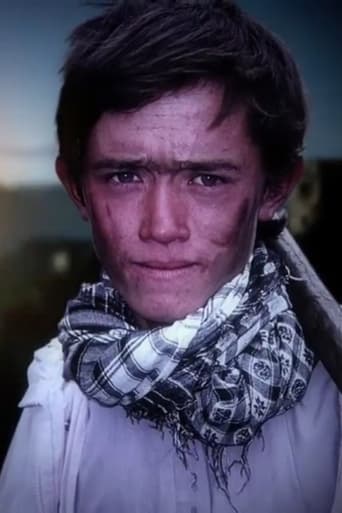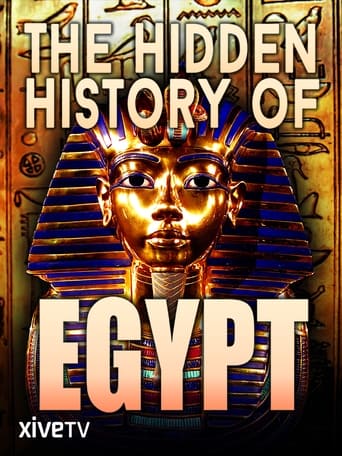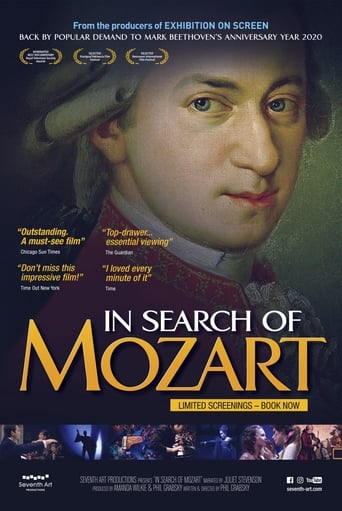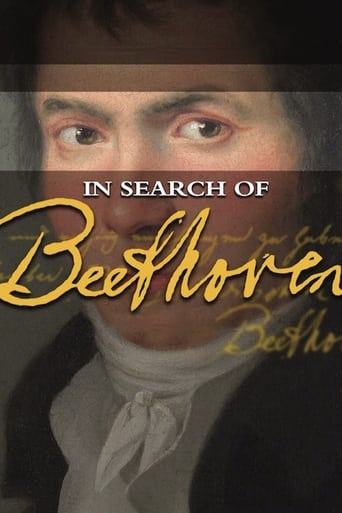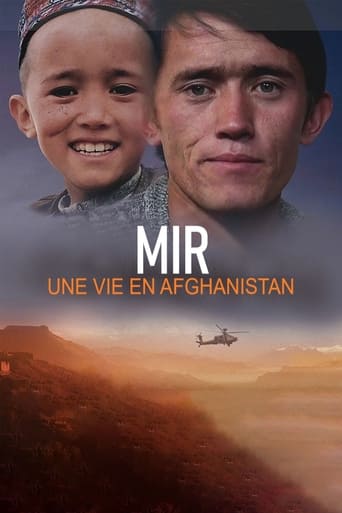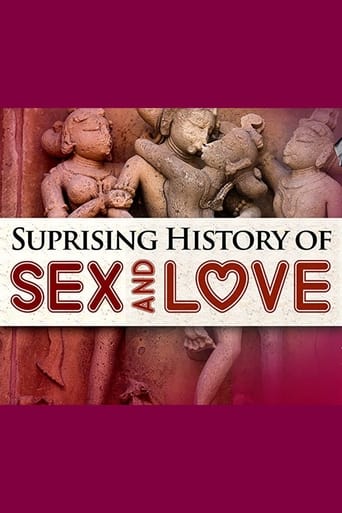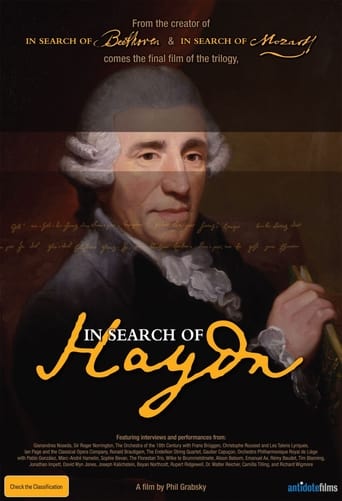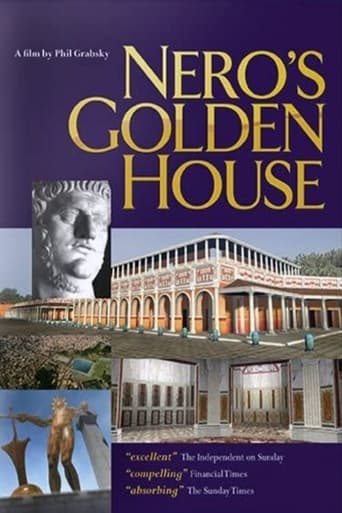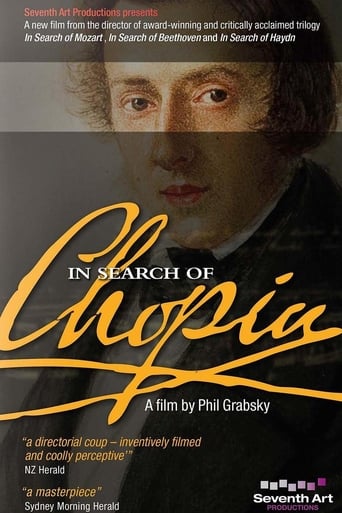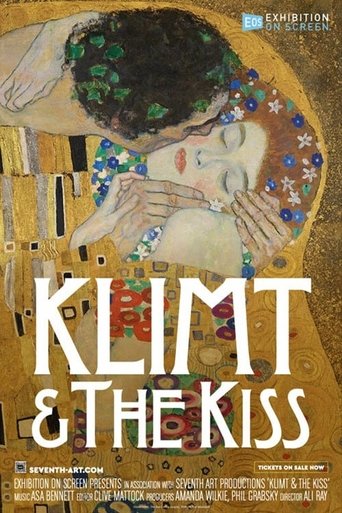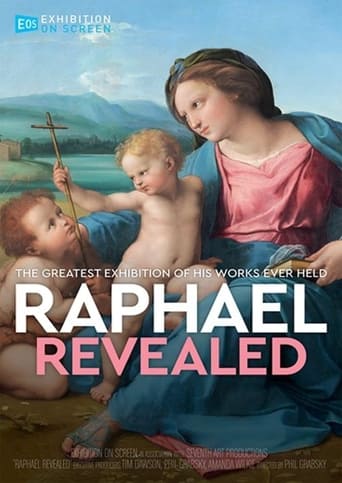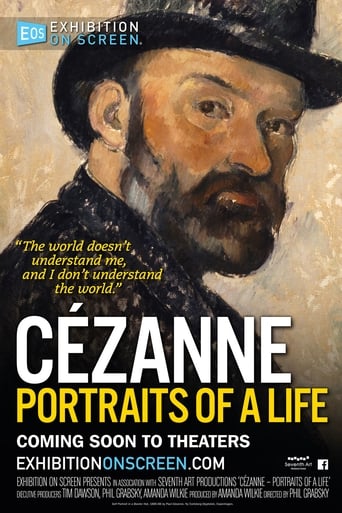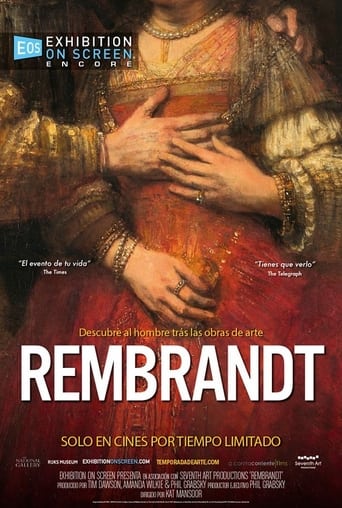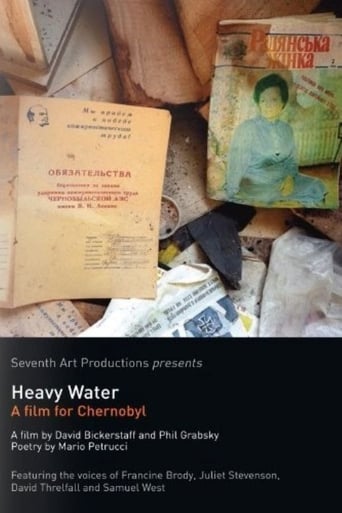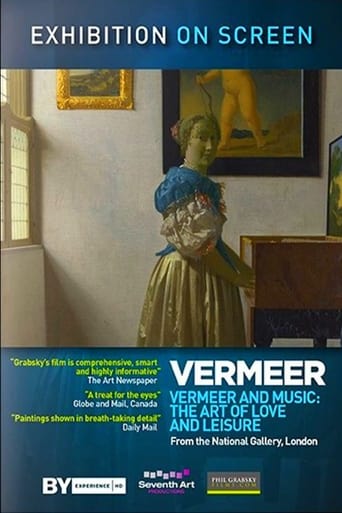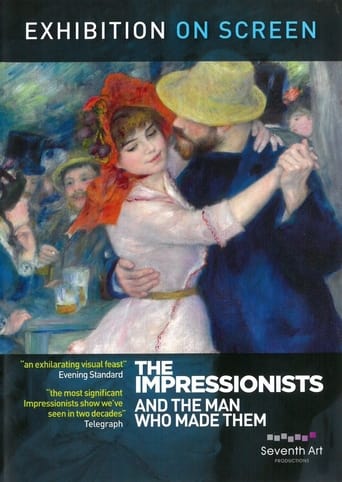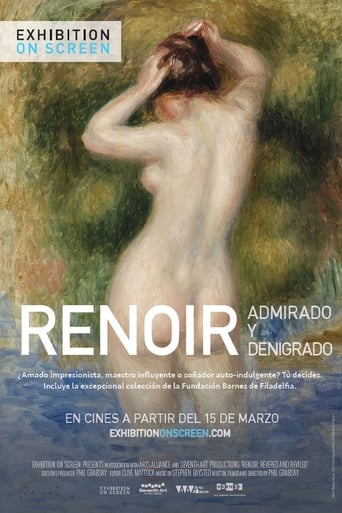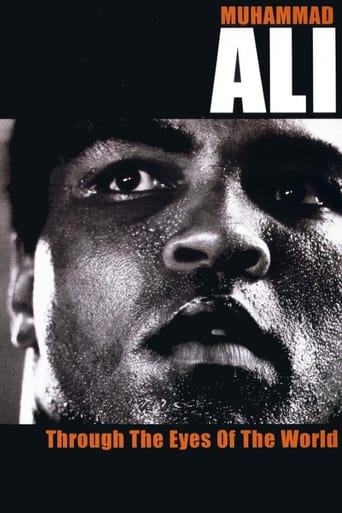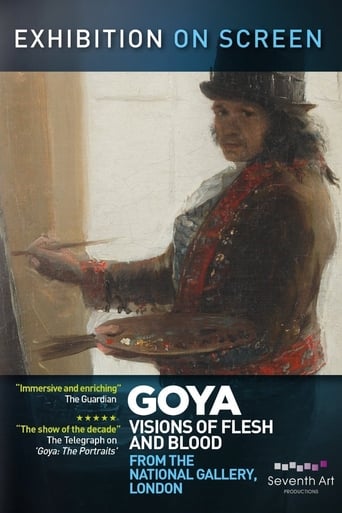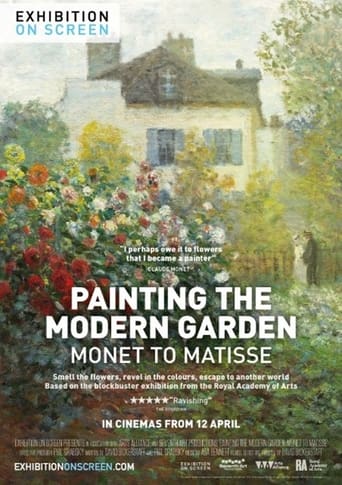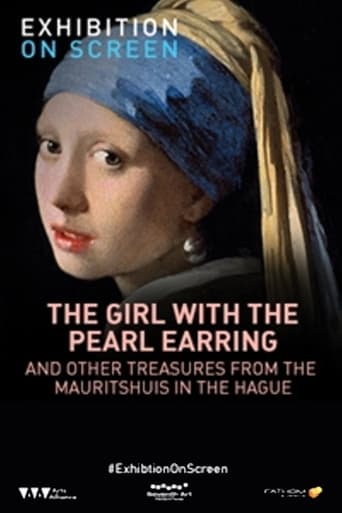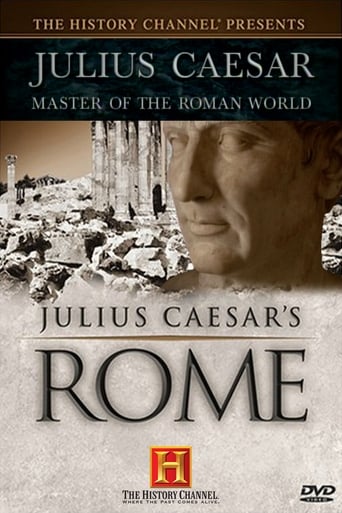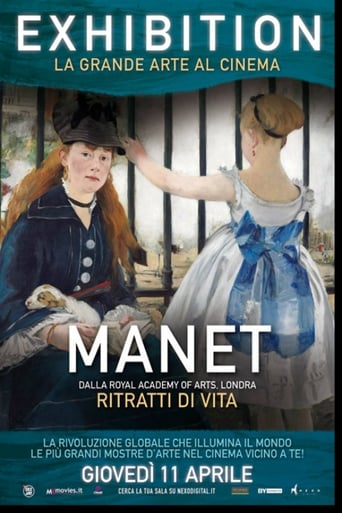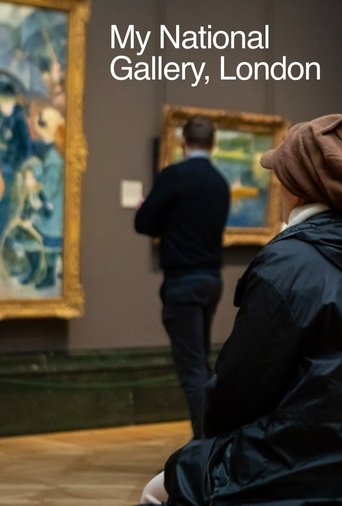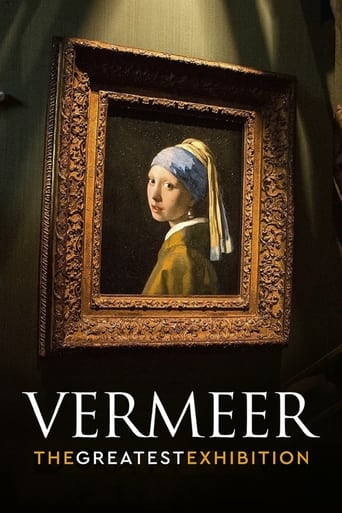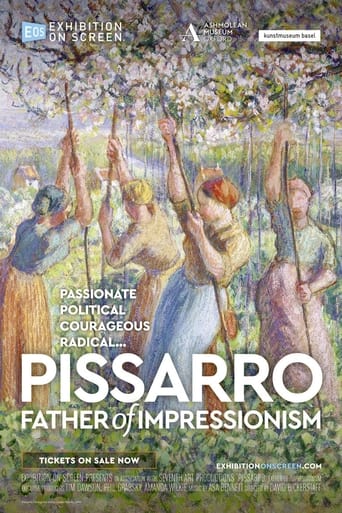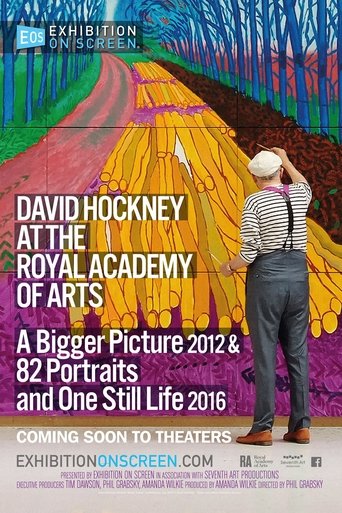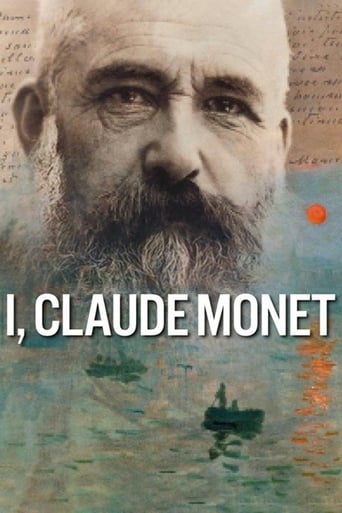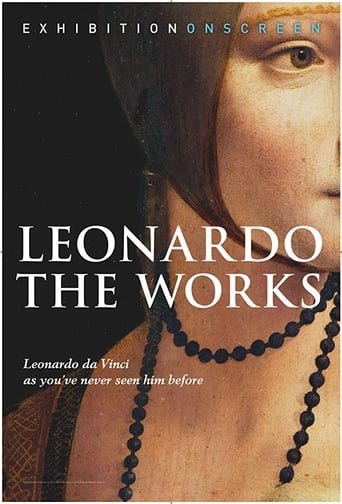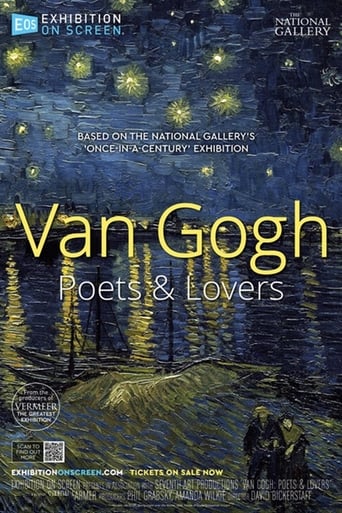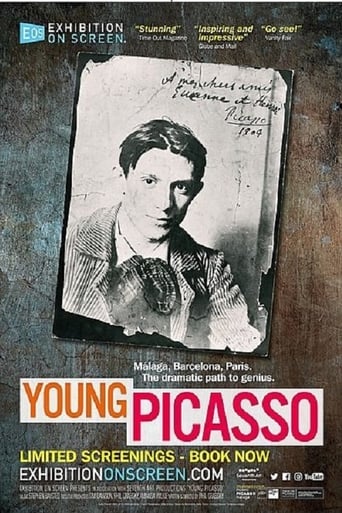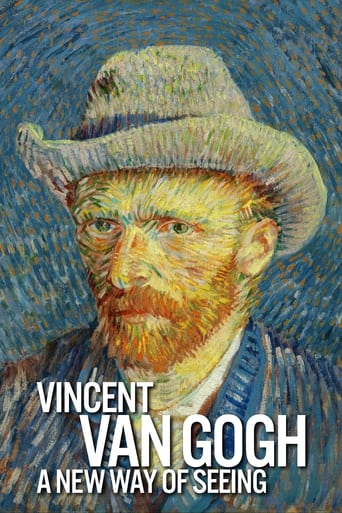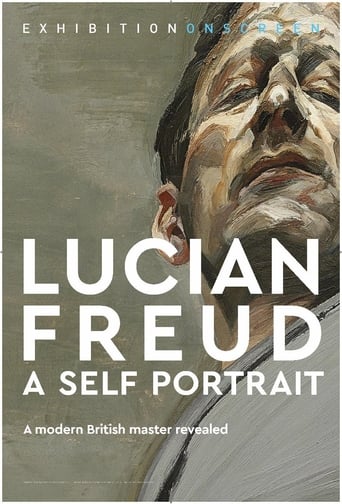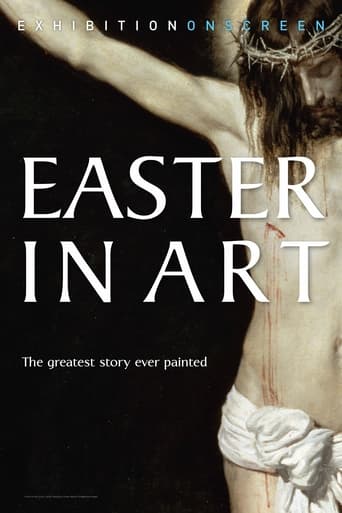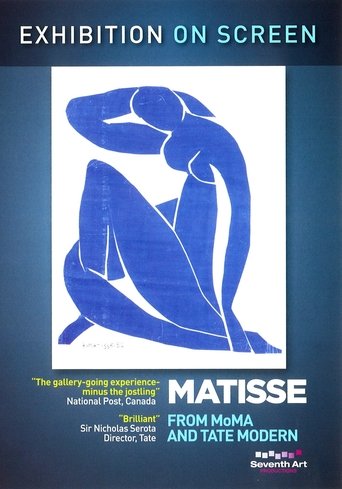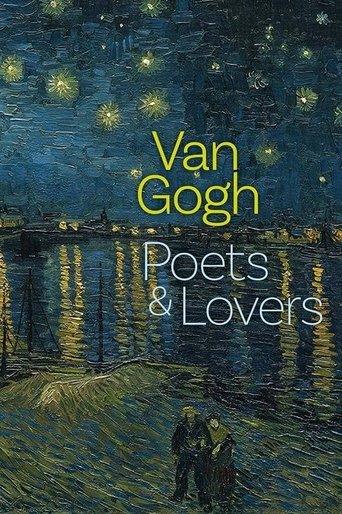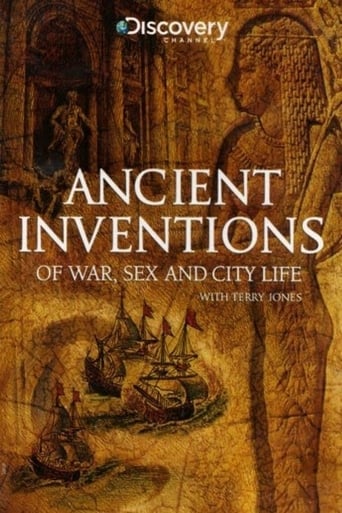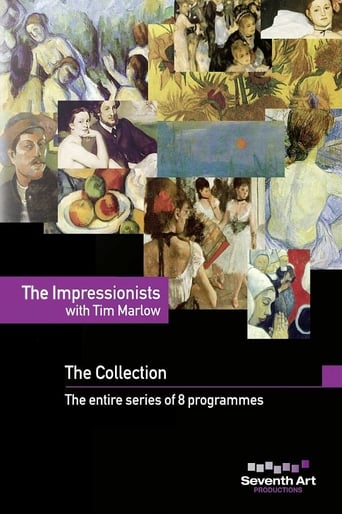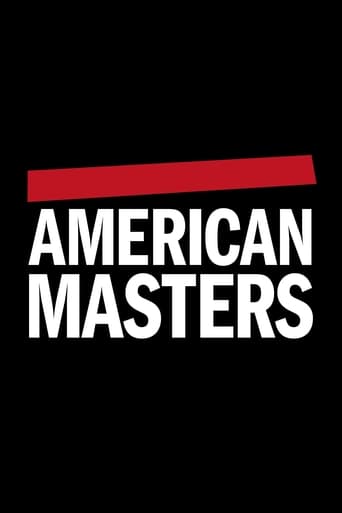
Phil Grabsky
From Wikipedia, the free encyclopedia. Phil Grabsky is a British documentary film-maker based in Brighton, East Sussex. His company Seventh Art Productions has produced documentaries for television and cinema. Grabsky’s work such as I, Caesar, Spain - In the Shadow on the Sun, The Great Commanders and the Tim Marlow on... series, has been broadcast on various U.K. channels such as BBC, Channel 4, Five and Sky Arts, and internationally around the world. His film The Boy who Plays on the Buddhas of Bamiyan was released in cinemas in 2003 and tells the story of 8-year-old Mir and his family living in post-Taliban Afghanistan. The film has been shown across the globe and won 13 awards including the Gold Hugo in Chicago for Best Film and first prize at the Valladolid International Film Festival. Phil is continuing to film Mir and his family in Afghanistan. 2006 saw the completion of In Search of Mozart. The film illustrates the life and work of the composer through interviews and live performance. The film premiered at London’s Barbican concert hall. Subsequently it has gone on to become one of the top 100 grossing documentaries in Australia. Heavy Water: A Film for Chernobyl (2006) explores the Chernobyl nuclear disaster through Mario Petrucci’s poetry. Phil worked in conjunction with director David Bickerstaff for this project which went on to win Best Short Documentary at the Cinequest International Film Festival. In 2007 Grabsky completed Escape from Luanda which tells the tale of three students at Angola’s only music school. Phil Grabsky's most recent film In Search of Beethoven, focusing on the life and work of the German composer was released in 2009. In addition to making films, Phil has released four books and often serves as a judge for various awards including BAFTA, Emmys, RTS and the One World awards. Description above from the Wikipedia article Phil Grabsky, licensed under CC-BY-SA, full list of contributors on Wikipedia.
- Tit: Phil Grabsky
- Popilarite: 4.533
- Li te ye pou: Directing
- Anivèsè nesans: 1964-01-01
- Kote ou fèt:
- Paj dakèy:
- Konnen tou kòm:

